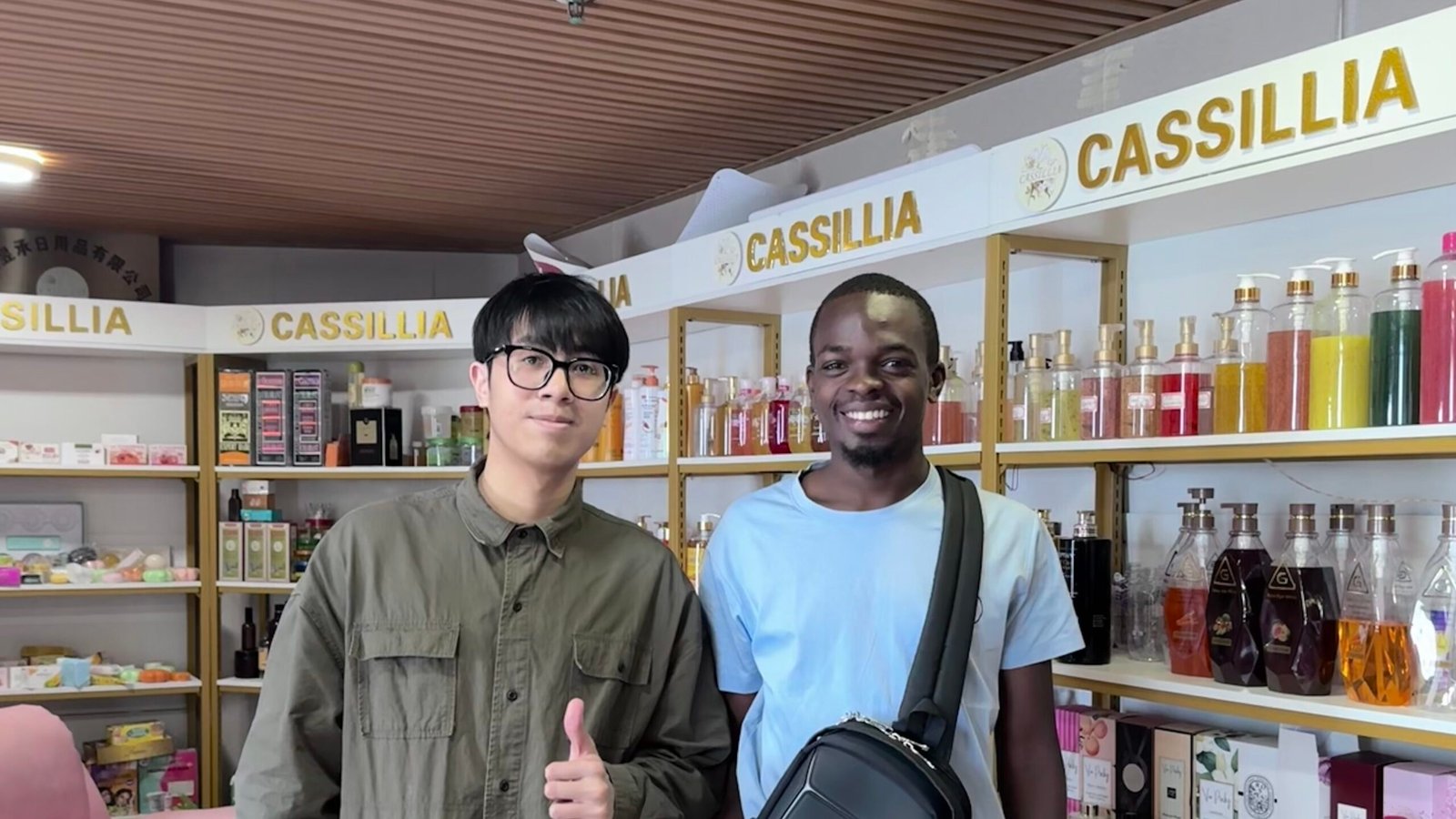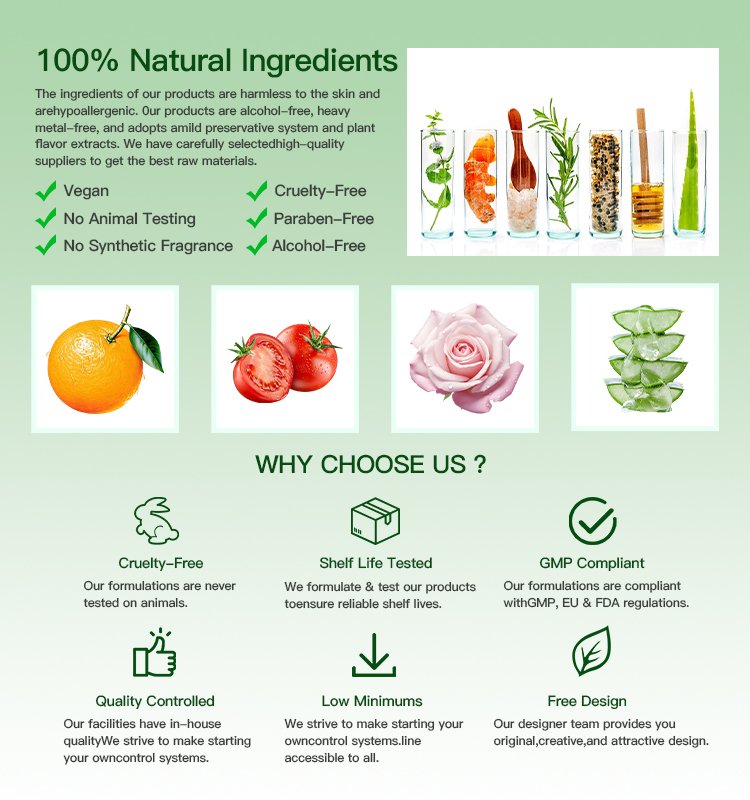Mamadou’s Journey for Cosmetic Product
Mamadou first visit to China was not just a business trip—it was a pilgrimage to unlock the future of African beauty cosmetic product. Armed with samples of handmade soap and a laptop brimming with market data, Mamadou sought answers to a question burning in his heart: How do we make beauty inclusive for all skin tones, without losing our cultural soul?

Customization: Culture and Chemistry
The meeting began in our Guangzhou company, where the aroma of jasmine tea mingled with Mamadou’s storytelling. he said“ today,young people want products that fit their modern lives,but culture also important.”
Our R&D team listened intently. “What if we preserve your heritage while meeting their needs?” proposed Dr. Lin, our lead formulator. She presented 3D skin models mapping melanin distribution across african diverse populations. “We can create formulas that adapt to pH levels and environmental factors—like humidity in Lagos versus Dakar.” Mamadou’s eyes lit up. “Exactly! Our Duru soap works in rainforests but melts in the Sahara. We need consistency.”
A breakthrough came when our engineers demonstrated AI-driven customization tools. Mamadou scrolled through a interface where users inputted skin tone, climate, and rituals. “Imagine a soap that changes scent during monsoon season,” he mused. “Or one that includes anti-inflammatory herbs for eczema.” The room buzzed with excitement.

The Beauty Cosmetic Product Dilemma: Whitening in the Shadows
The conversation turned contentious. Mamadou hesitated before pulling out a newspaper clipping: “100% Cosmetic Product “White Skin Creams” Now Dominate Nigerian Markets.” His face hardened. “Western brands have poisoned our beauty standards. They sell ‘fairness’ as a cure-all, ignoring that dark skin is beautiful.” He slapped a graph on the table—sales of skin-lightening products in Africa had surged by 200% in five years, correlating with rising rates of skin cancer from harsh chemicals.
Our Marketing Director, Anna, leaned forward. “We’re here to challenge that narrative. What if we redefined whitening?” She unveiled a concept: “Clarity,” a line emphasizing radiant, healthy skin over lighter shades. “Using natural extracts like baobab oil and turmeric—proven to boost collagen and reduce hyperpigmentation.” Mamadou studied the prototypes. “This is different. It’s not about erasing color—it’s about honoring it.”
He shared a personal story: His cousin, a university student, had stopped using skincare after being mocked for her dark skin. “We need products that make her feel powerful, not ashamed.” The room fell silent. Anna nodded. “Let’s build a campaign with African influencers who celebrate their complexion. Partner with dermatologists to educate consumers.”
The Market Pulse: From Niche to Mainstream
Mamadou revealed sobering truths about African skincare market. “70% of consumers buy cheapest options, even if they irritate their skin,” he said, displaying a cracked jar of counterfeit shampoo. “But premium segments are growing—25% annually among urban professionals.” He highlighted a gap: “There’s no sustainable, dermatologist-approved brand targeting Africa’s unique needs.”
Our supply chain team proposed a solution: “GreenChain,” a blockchain-enabled platform tracking ethical sourcing. “We’ll source shea butter from Ghanaian cooperatives and use solar-powered factories,” explained Li Ming. “Cutting costs by 30% while ensuring quality.” Mamadou smiled. “This could disrupt the counterfeit trade.”
The Covenant: A Deal Sealed in Trust
As the meeting adjourned, Mamadou gifted each team member a small clay pot of Uganda’s roselle tea—a symbol of hospitality. “In Africa,” he said warmly, “we believe beauty comes from respecting nature and community.”
This visit wasn’t just about contracts or patents. It was about recognizing that skincare, in its essence, is humanity’s universal language—a dialogue between skin and soul.
At the farewell dinner, Mamadou gifted each team member a small calabash bowl filled with dawadawa seeds—known for their antimicrobial properties. “These seeds thrive in adversity,” he said. “Just like our partnership.”


